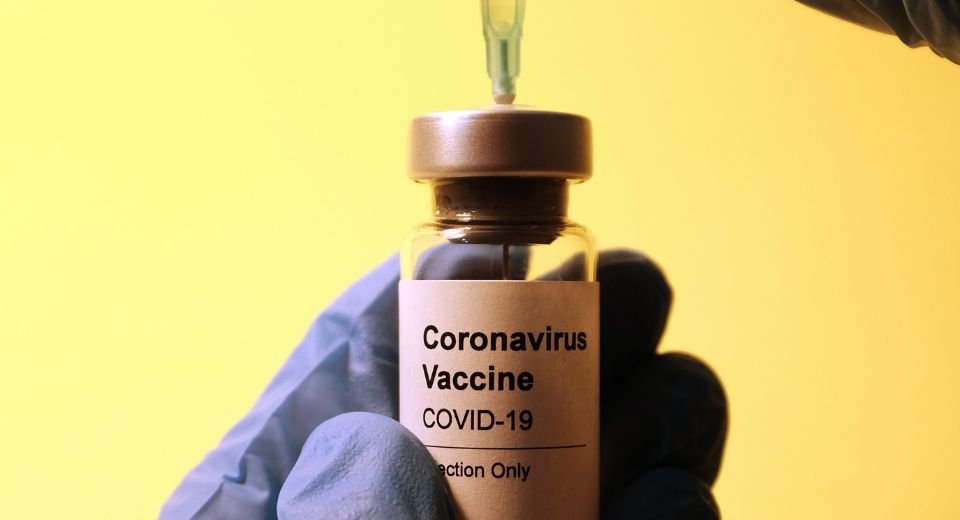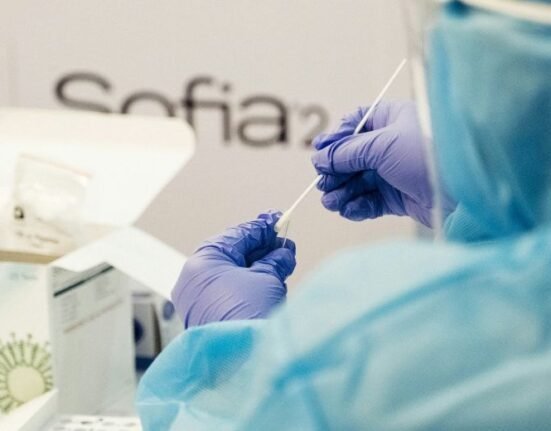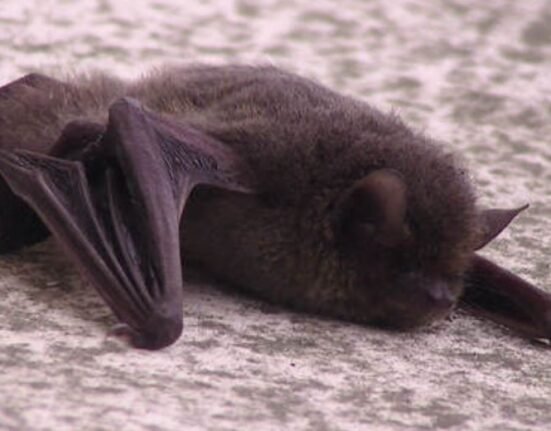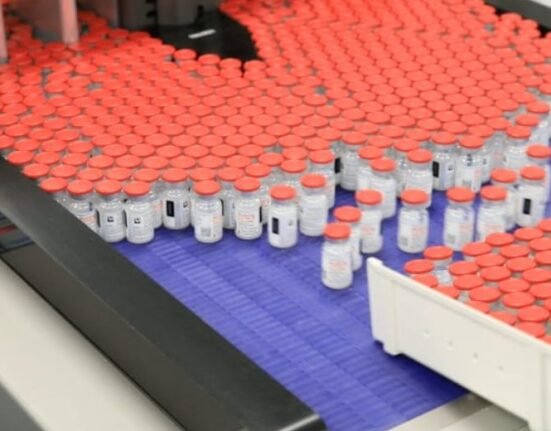HQ Team
June 16, 2023: The US Food and Drug Administration’s (FDA) Vaccines and Related Biological Products Advisory Committee (VRBPAC) has recommended that the new round of COVID vaccines should contain the dominant strain material rather than the original variant, supplanted by many subsequent strains.
The advisory committee recently met to discuss and recommend the strains included in updated COVID-19 vaccines for 2023-2024. All the 21 VRBPAC members agreed to the inclusion of the monovalent XBB-lineage ( Omicorn strain) in the vaccine composition.
The FDA, US Centers for Disease Control and Prevention (CDC), World Health Organization (WHO), Moderna, Pfizer, and Novavax all made presentations about which strains to introduce for the subsequent vaccines.
VRBPAC had previously voted to move toward a unified strain composition for COVID-19 primary and booster vaccines on January 26, 2023.
COVID-19 next generation shots
The COVID-19 virus has evolved and there is no need to include the original, wild-type Wuhan strain in the next generation of vaccines. The XBB sublineages are the predominant COVID-19 strains now, both in the US and the world, and account for more than 95% of the world’s circulating COVID-19 variants. The XBB is a recombinant of BA.2.10.1 and BA.2.75 sublineages, indicating that we may expect more recombination variants in the future.
“The current trajectory of virus evolution indicates that XBB will likely be the progenitor of SARS-CoV-2 variants in the near future,” the FDA wrote in a briefing document. “XBB descendent lineages are highly immune evasive. To improve protection, particularly against symptomatic disease, COVID-19 vaccines should induce antibodies that neutralize XBB descendent lineage viruses.”
The director of the FDA Office of Vaccines Research and Review, David Kaslow, MD, reiterated this during the meeting. “First, we need a periodic update. Second, it’s time to move from the current bivalent to a monovalent.” He noted we may shift to a bivalent strain composition in the future but that current evidence suggests the need for a monovalent COVID-19 vaccine of the XBB lineage.
The FDA, US Centers for Disease Control and Prevention (CDC), World Health Organization (WHO), Moderna, Pfizer, and Novavax, all made presentations about which strains to introduce for the subsequent vaccines.
Updated booster
The FDA will take the final decision on COVID-19 vaccine composition guidelines to vaccine manufacturers.Vaccine makers were confident that they could have updated vaccines available within months, depending on the strain.
The coming winters are likely to see a resurgence of the infection. FDA’s vaccine chief Dr. Peter Marks said as the daylong meeting began.“We’re concerned that we may have another wave of COVID-19 during a time when the virus has further evolved, immunity of the population has waned further, and we move indoors for wintertime,” he said.
People who have already had booster shots have been advised to take another shot before the coming winters as protection wanes with time. In the US, people above 65 and others at high risk were recommended to take a booster shot in the spring.
COVID vaccines are set to become a part of the yearly calendar similar to flu shots.








